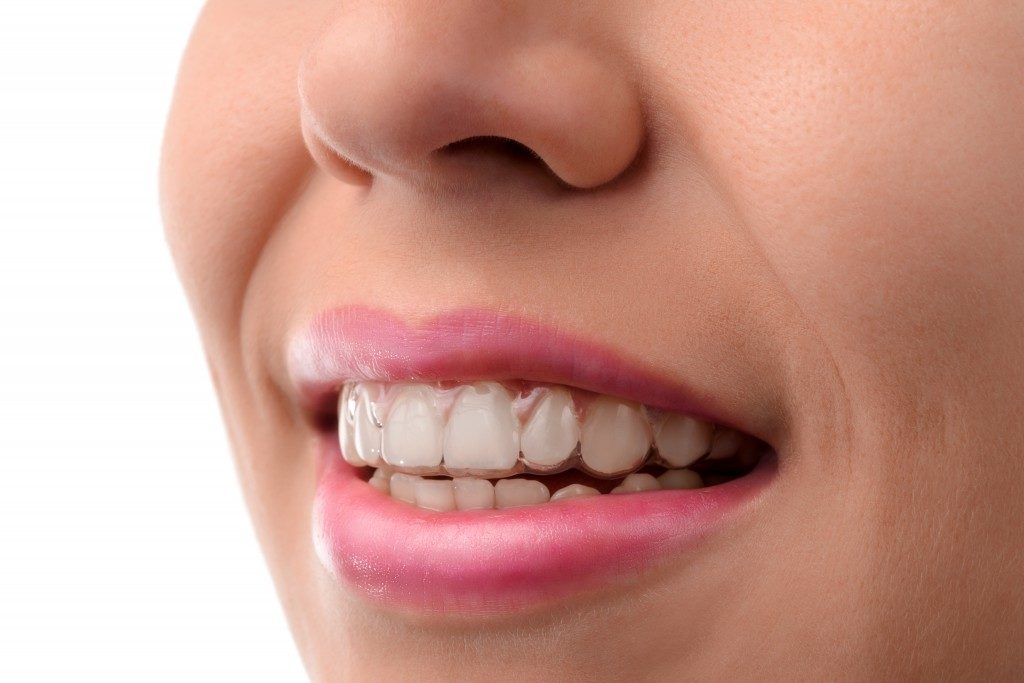Tooth sensitivity is one of the most prevalent dental problems today, with the latest statistics indicating it affects over 40 million adults. Characterized by a sharp and temporary pain or discomfort when consuming very hot or cold foods, it is a problem that requires a dental solution.
An erosion of your dental enamel, which exposes the inner cavity of your tooth containing the nerve roots, generally causes the sensitivity. Different issues might cause this erosion with overbrushing, dental fractures, gum recession, teeth grinding and gingivitis being the most common.
Rather than visit a Meridian-based dental care clinic, most patients opt to avoid certain foods and drinks, or try various ineffective home remedies. The solutions available at dental clinics are, however, lasting and effective.
This is because they will also address the causative element of your sensitivity. Here are some of these solutions.
Fluoride Varnishing
Lack of fluoride in your diet or the water you drink can lead to the weakening of your dental enamel and over time, its complete breakdown. If this is your case, a dentist might recommend a fluoride varnish. This is applied in his or her office to strengthen you dentin and enamel while reducing tooth sensitivity.
Fluoride gel also achieves the same goal as varnish.
Dental Bonding
For fractured teeth, dental bonding procedures are the ideal treatment option. These involve the application of a tooth-colored resin to your tooth’s surface that efficiently seals it. Dental bonding is a quick and cheap solution to your tooth sensitivity but not available for many dental patients.
This is because the material is not very strong. Dental crowns and veneers are also good alternatives to cover the exposed areas of your tooth. Other than reducing tooth sensitivity, the veneers, crowns and bonding also improve your smile.
Mouthguards
 For those whose tooth sensitivity follows bruxism, a customized mouth guard will be their treatment of choice. This is because bruxism is characterized by nighttime grinding and clenching of teeth that erode your dental enamel and leaves the inner layer exposed.
For those whose tooth sensitivity follows bruxism, a customized mouth guard will be their treatment of choice. This is because bruxism is characterized by nighttime grinding and clenching of teeth that erode your dental enamel and leaves the inner layer exposed.
The customized mouthguard will protect your teeth from damage and pressure from this habit, and thus alleviate the discomfort associated with tooth sensitivity. Additionally, this appliance will treat the jaw discomfort associated with bruxism.
Root Canal
This option is generally used if other treatment modalities have failed. It might, however, be your first treatment choice if your teeth are severely damaged and the pain is excruciating. In a root canal, the dentist will remove the soft pulp in your damaged teeth.
This efficiently stops the pain since it also removes the nerve roots.
You will undoubtedly come across various products in stores designed to minimize pain in patients suffering from tooth sensitivity. Most of these products have unfortunately been linked to the worsening of dental enamel erosion over time.
The above procedures and appliances, however, have no adverse effects and cost far less than these store-bought products. A dental visit to diagnose the cause of your sensitivity and recommend the ideal treatment for it is hence your only assurance towards a pain-free life.
